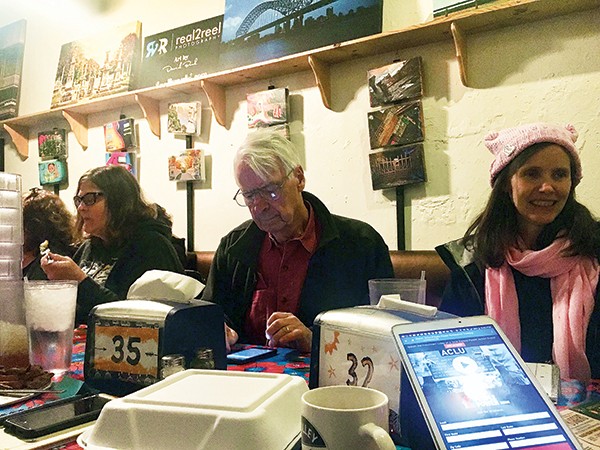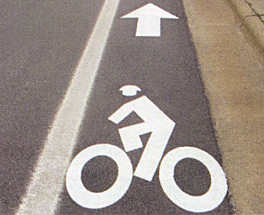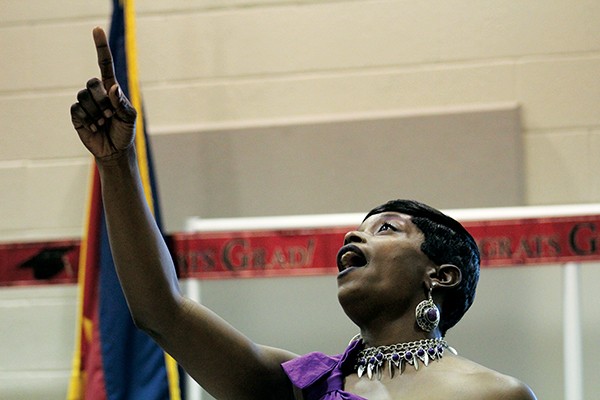The Trolley Stop Market turned into a resistance classroom Saturday as Memphians learned how to properly take to the streets against President Donald Trump and the actions of his administration.
Locals here huddled around their smartphones and laptops to join 22,000 other Americans tuning into the introduction of People Power. The new platform from the American Civil Liberties Union (ACLU) aims to harness resistance on a local level against perceived White House injustices.
“I’m here out of desperation,” said Bonnie Childest, who hosted a gathering in Memphis. “If they are going to take the time to train us, then I’m going to show up and make sure other people show up as well.”

A People Power event in Memphis
Childest and 25 others gathered at the Trolley Stop, and nearly 40 others watched from gatherings at Caritas Village. They took notes as ACLU officials broadcasted live from Miami’s town hall, informing viewers of various resistance tools when it comes to protesting, resisting authority, and the freedom of speech.
The broadcast also introduced the Freedom Cities campaign, which fights for civil liberties with grassroots activism on a local level by creating cities that resist unconstitutional federal directives.
The Freedom Cities campaign plans to tackle Trump’s immigration policies by organizing communities to ensure that local law enforcement officials defend — not threaten — vulnerable individuals.
The ACLU is already in the process of fighting the Trump administration’s attempt to compel local jurisdictions to directly support the new federal immigration mandates that put immigrants and refugees in danger.
The group outlined nine model state and local enforcement policies and rules. One example is the No Facilitation Rule, which keeps officials from arresting or detaining someone solely for immigration purposes without a judicial warrant.
If adopted, these policies would protect Muslims, immigrants, and refugees. The role of local activists is to help in the creation of Freedom Cities by participating in public demonstrations and meetings with local officials in order to convince them to adopt and enforce the nine policies of the Freedom Cities blueprint.
ACLU officials admit the campaign is ambitious with legally complex demands, but the group believes it can be done with local support. If successful, officials said the campaign should generate isolated, short-term wins, perhaps leading to long-term wins nationwide.
Over 170,000 people around the country have already signed up to be a part of the movement.
Amanda Killens, who attended the Memphis broadcast, said she was concerned about the Trump administration’s other actions.
“My husband is a paraplegic,” Killens said. “Of course, we’re worried about what’s going to happen with health care next.”
Killens previously worked for the ACLU and trusts in the union’s abilities to make structural change happen legally.
“We are all motivated to do something, but now we have some direction to do it,” Killens said.

